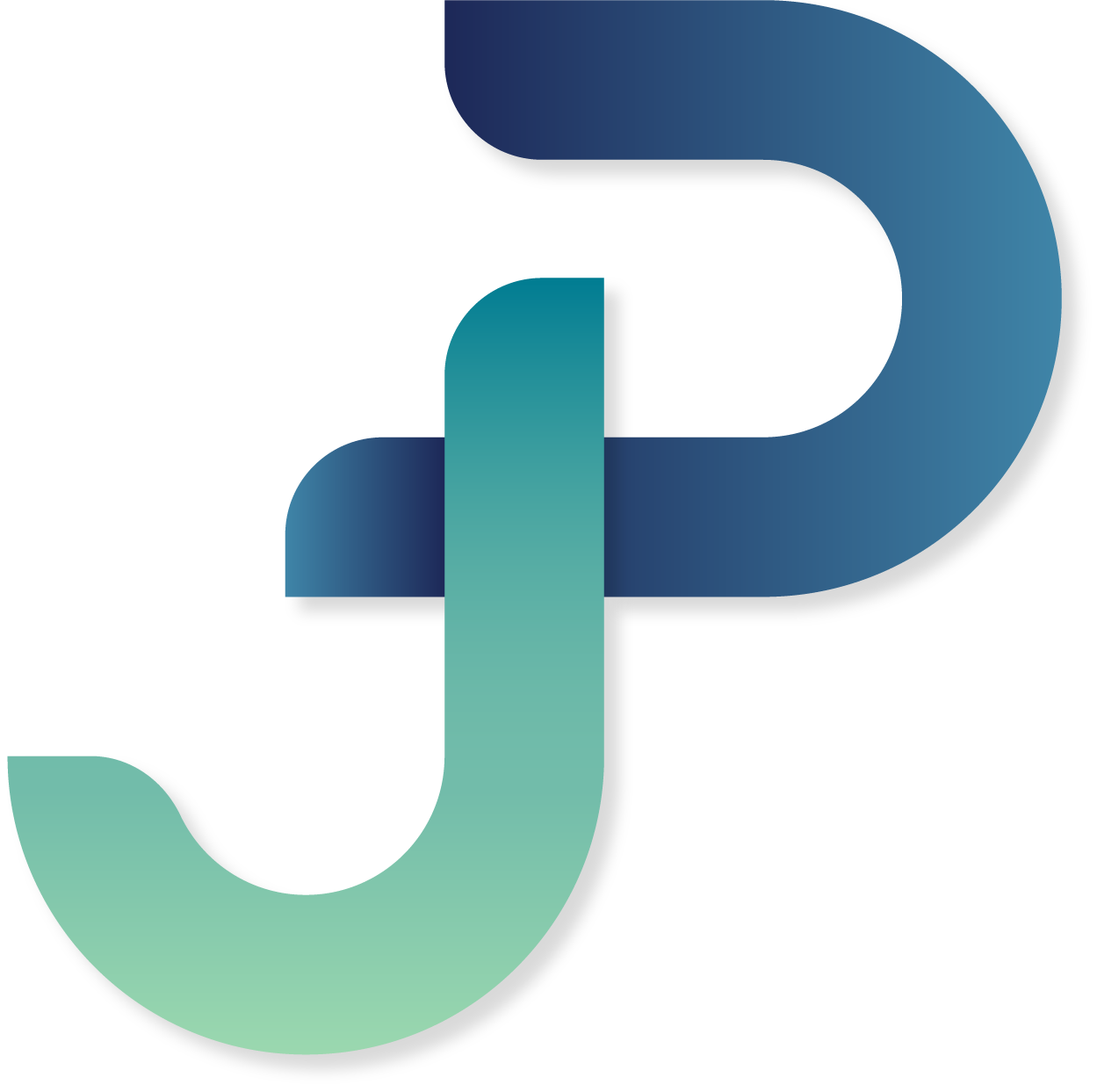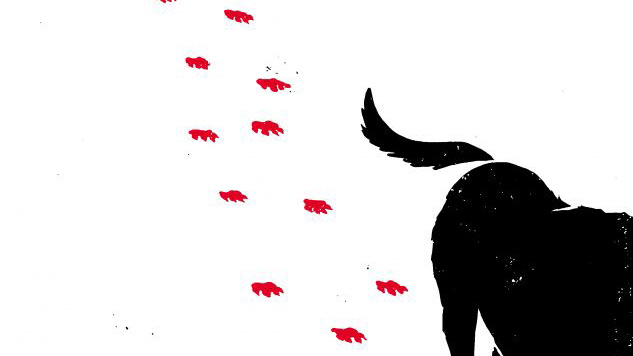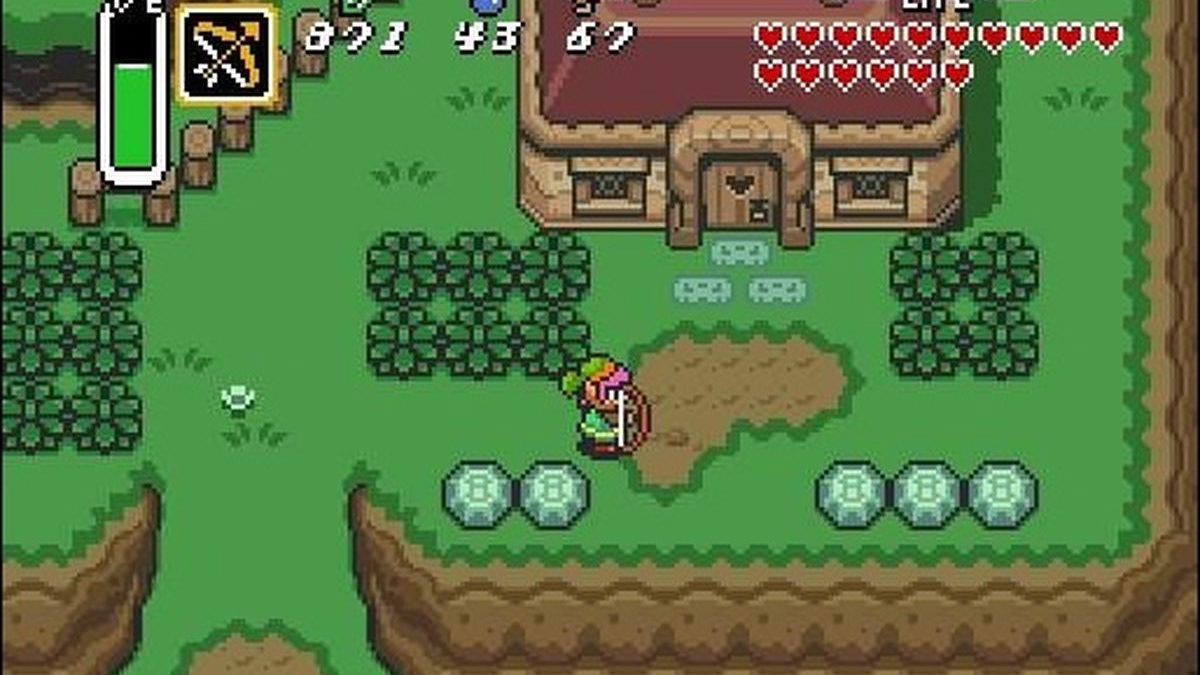Photo by Startup Stock Photos from Pexels
Every journey we begin comes with their share of lessons.
By the time I chose to start my career as a designer I was pretty much finishing my early twenties and thought I was off to a late start. None the less I enrolled, classes were intense, balancing a full time job and another part time to pay for school was just part of my decision to make something of myself. I enjoyed each course, collaborated with the class, and worked as hard as I could. Each semester only seemed to empower me and help me develop my skillets. I was being taught fundamental skill sets and given the space necessary to develop them.
Now it took some time after I had graduated to find a full time role as a designer, but from that point on I was aiming forward and eager to grow. I wanted to share ideas, maybe make an impact, I was determined to implement the skills and knowledge I had acquired, after all it’s what I had worked so hard for.
Over time my short comings began to show, I was lacking understanding and awareness, communication with teammates and other co-workers did not go well at times. There were critical aspects I had not fully prepared myself to manage. Until then most of my experience as a designer had come little in the way of freelancing, and my day jobs were basically in the food and retail industries (they did help a lot but that’s a story for another time), so my approach worked from a limited perspective. Sum it up to naivete and pride, which only resulted in making my growth harder those first couple of years.
I did have to acknowledge there were some areas where school did not prepare me adequately to handle these challenges as well, but was it their responsibility to prep me beyond the discipline and in to working collaboratively as a creative under real world scenarios at that time? Yes it was. So as time went on I felt under prepared and undervaluing myself because of it. But the next resolution came to worked on these issues and once again push forward. Hard lessons were present, but I was also lucky that I had the right guidance and support throughout my career, so I took each victory and loss as a learning experience to reflect and evaluate how I needed to grow.
It's been almost 15 years since I began my path in design, with plenty more to go hopefully but I keep thinking back on new students and if they're being prepared better than I was. I realized creative professionals have a responsibility to each other in many aspects, and one of them is passing on the type of advice I wish I had when I first begun.
Now you might be finding yourself in a similar position, a graduate with a degree in hand, maybe with some experience through an internship or freelancing gig, more than likely thinking on how you want to make an impact. But before that can happen take some time to read the rest of this article, reflect on your own expectations and how they might help you become a more effective designer in the professional world.
Take the time to learn how you work.
For me it became organization, I couldn’t keep every detail in mind, or at times grasp the idea being conveyed right away so I began to take notes, ask questions and form trackers to help me organize my day to day and have a better idea of what my goals were. Give yourself the chance to analyze gaps in your performance that might impede growth, and how you can plan ahead of your own short-comings.
Never complicate the process.
Nobody ever wants to make things more difficult, but sometimes we can be overwhelmed and projects can be sidetracked by last minute requests leading to shorter time-frames and tighter deadlines. For these reasons you want to be able to find a way to reduce the mental clutter, that way you will have clarity of your objectives and streamline your process in the long run.
Explore what interests you.
The world of design is broad, and with so many options it might be almost overwhelming, but take your time to explore the different fields out there in relation to your profession to expand not your skillsets but to gain an understanding of the methodologies and philosophies that help form those fields in particular.
Learn to be flexible.
I struggle with this from time to time, but flexibility requires to let go and being able to stay in the moment. An important trait in our line of work as your original idea might not just change altogether as you ideate, it could very well require to add on something entirely new to try out. The great tragedy of any creative situation is to be so focused you need to have ten minutes notice to be spontaneous.
Work on your speed.
There will always be overnight deadlines and last minute changes, in fact several, and unlike school there won’t be any extensions. Focus on how to get faster not just in the way your work with your applications or tools, but also train yourself to think faster. A disciplined mind will help you get through the day.
Design with strategy.
Tactical thinking will allow you from early on to develop a framework for how you can operate as a designer. Ask yourself where are you currently? What are the goals you are trying to achieve with this project? What have you learned so far? What solutions can help you overcome these obstacles? How do you implement them? Etc. Ask yourself questions that will frame strategic thinking and help you succeed.
Let go of your ego.
Your ego will be your worst enemy if you want to grow in this field. Being a designer is to work from a position of service, discussion, and collaboration, and your work will be disseminated and picked apart in order to make sure it works well and efficiently regardless of your own initial sentiments. Being able to accept that the work will change will allow for growth and less stress.
Understand your team.
Get to know them and what each of them brings to the table, then look at your role and how they depend on your skills and vice versa, you might be surprised at what you will be able to learn from them. Perhaps they possess skills than can help you improve your own shortcomings. It might be you find yourself in a group with other designers, or perhaps you’re the only creative in said team, either way, this becomes an opportunity to adjust your expectations, learn to collaborate effectively with your team and grow.
Learn to speak up.
This was a hard lesson for me to learn but voicing your opinion is both beneficial to your personal growth and establish healthy dynamics with your team. Perhaps your voice is not being listened to in something you have specific and helpful insights, maybe you disagree with a point or view or the complete opposite and want to back up a peer’s point. This all begins with raising your hand and establishing what you want to convey.
Care about all aspects of the work.
I’ve encountered people in my career who decided to put less effort in to a project because they considered it beneath them, or that it was too easy and had their sights set on bigger projects. Ultimately how you treat your work, speaks volumes on what you are willing to provide. After all, good quality requires consistency from the smallest gesture to the largest.
___
I truly hope these pieces of advice will help you be better prepared for your future and that you will skip some of the headaches that I had to learn. Remember that while you set out to explore the world and establish yourself in the creative field, it will always be up to you how you chose to become the person you want to be. I’m certainly still working on it.



